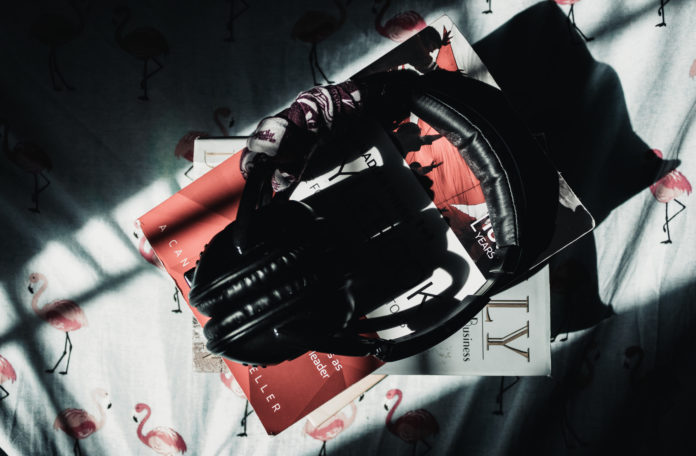

Some students study while listening to music as a way to focus. This method has become a debated and researched topic as scientists and students alike try to determine whether studying while listening to music is effective.
For Grace Fenton, a second-year University of New Brunswick student, said music has always been a part of their study process and is necessary for them to “hunker down” on their task.
“It helps me keep a good precision. It prevents my mind from wandering and it has the added benefit of drowning out some extra noise,” said Fenton.
Over the years, Fenton has narrowed down exactly what kind of music works best as a studying aid for her.
In high school, she would listen to anything while writing practice problems, but in her first year at UNB she shifted towards ambient music. Now in her second year, Fenton said she doesn’t listen to any lyrical music or certain video game soundtracks.
“When I hear certain soundtracks, I get reminiscent which ultimately distracts me from what I’m doing,” said Fenton.
Fenton said there are many ways that music can become distracting, whether it’s lyrics or a sudden change in tempo.
Anabell Cohen, a professor at the University of Prince Edward Island, said actively using and reflecting the material is much more effective than study music. This includes re-writing notes, creating rhymes to remember and relating the study material to something personal.
“Just putting your eyes over the words is not going to help you and answering a certain kind of question that requires you to thoughtfully digest material,” said Cohen. “The best way that you can learn it is by engaging in it in an active way.”
Cohen began her work in music psychology at Queen’s University and has since researched musical tonality and basic theory aspects of music and shown their psychological significance.
She said music can be such interference to students studying that she refuses to let her own students listen to music during her labs, despite teaching music psychology.
Cohen said there are few ways in which music could actually help students focus, but that it wouldn’t improve their studying or understanding of the material. She said if someone can study for 10 minutes without music versus three hours with music, they’re more likely to benefit from it.
“If it makes it pleasant enough for them to study for longer … If you’re studying inefficiently, longer, you still may benefit more than if you study for a short amount of time, but efficiently,” said Cohen.
Vic Roy, a second-year sociology student at St. Thomas University, said they’re unable to study with music playing.
“I normally don’t listen to music when I study, especially because most of the music that I listen to is very lyrical,” said Roy. “If I’m studying or doing anything that has to do with words, I can’t have words in another form of stimulation.”
They said it’s difficult to focus on visual tasks like reading or writing when there are different auditory words in the music lyrics playing at the same time. Knowing this, Roy has tried studying with instrumentals, but that also came back with negative results.
As an alternative study method, Roy instead uses a screen reader that will read the text out loud as they read along.
“I pretty much just don’t [listen to music], said Roy. “Sometimes I use white noise. But aside from that I try to just keep things as quiet and calm as they can be.”
